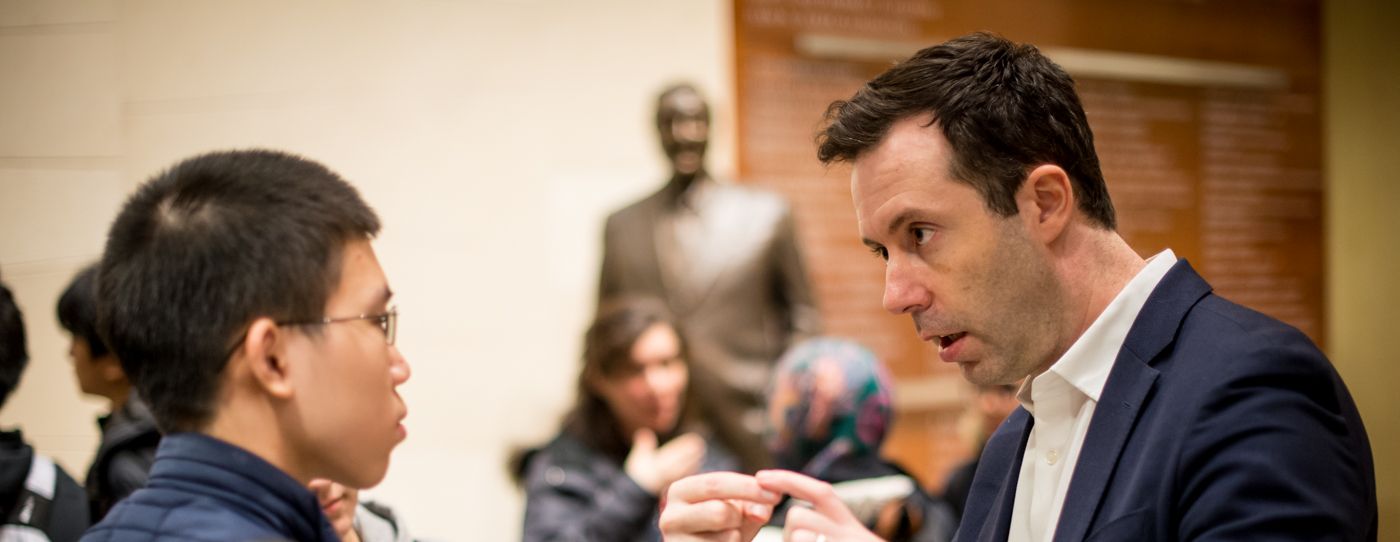
Login with your CWID to view past case conferences and seminars.
This online curriculum is for those interested in learning more about the fast-evolving field of precision medicine, new to the field and to experienced researchers alike. The courses offered by third-parties will provide information on fields like computational biology, oncology, artificial intelligence, and more.
Select Content